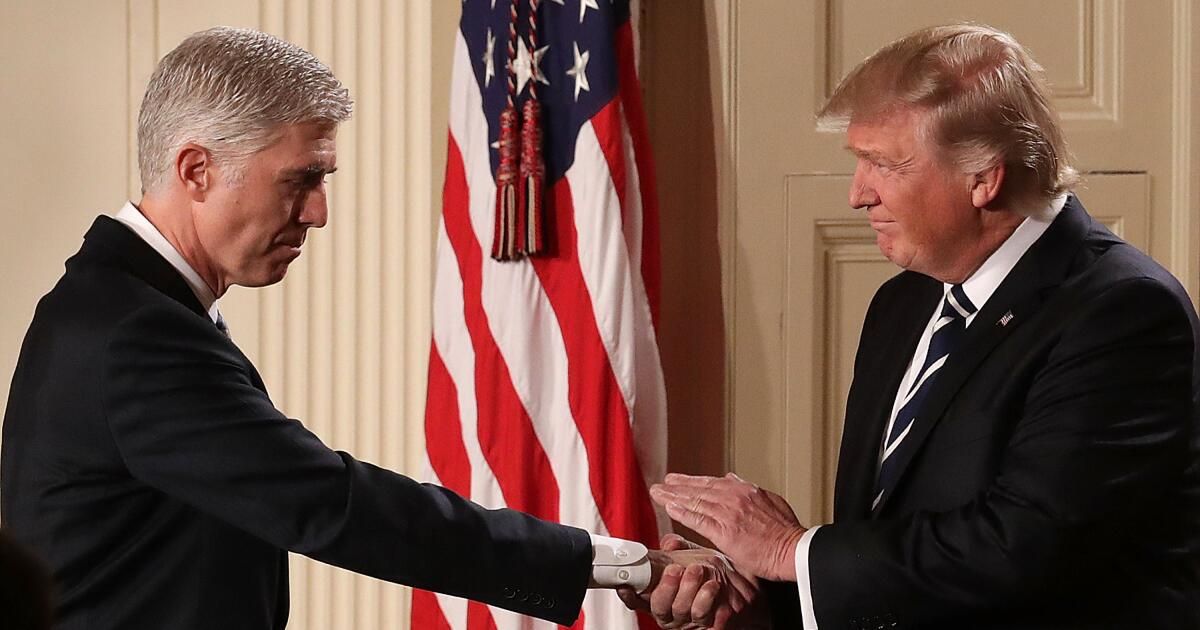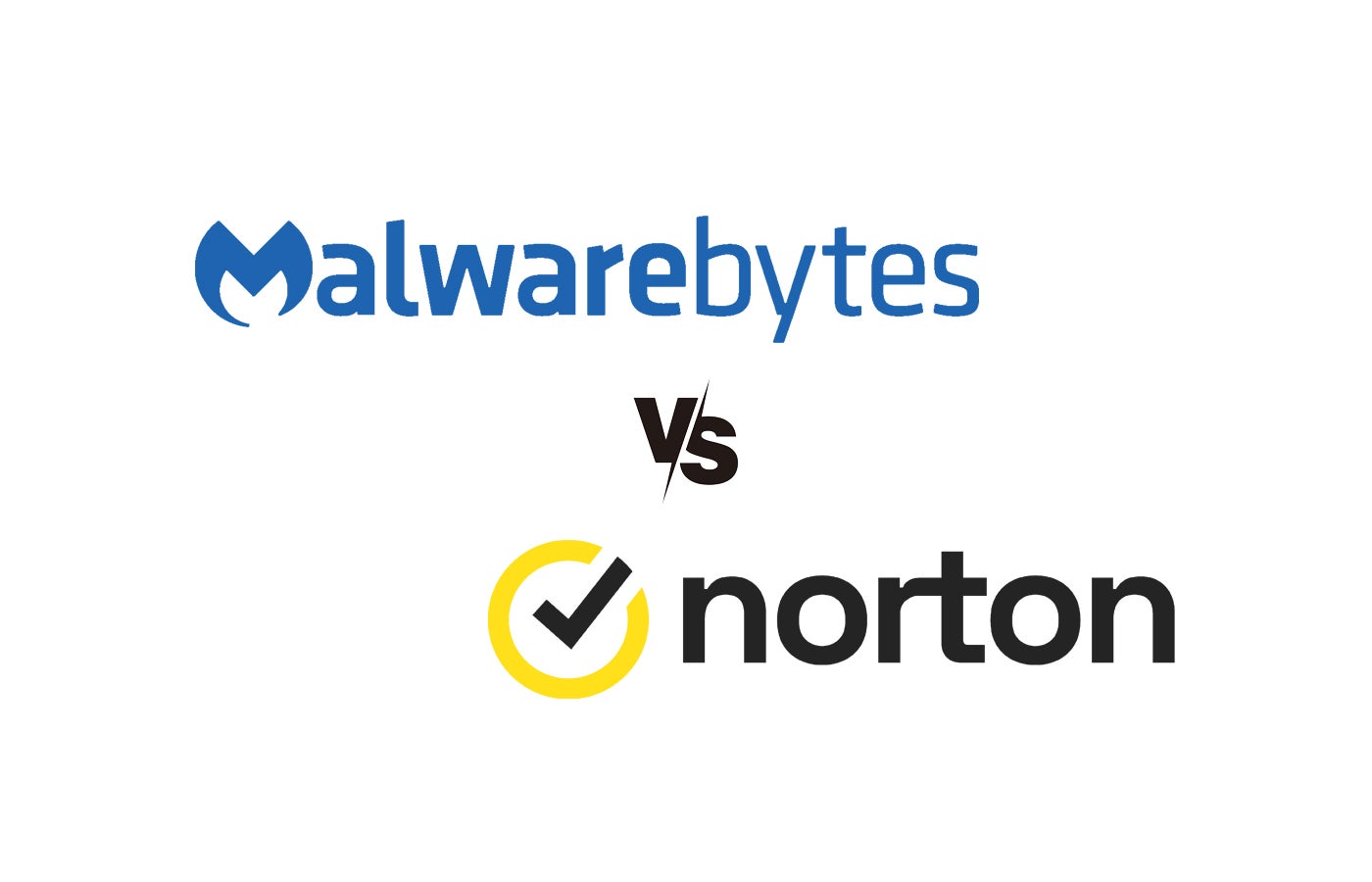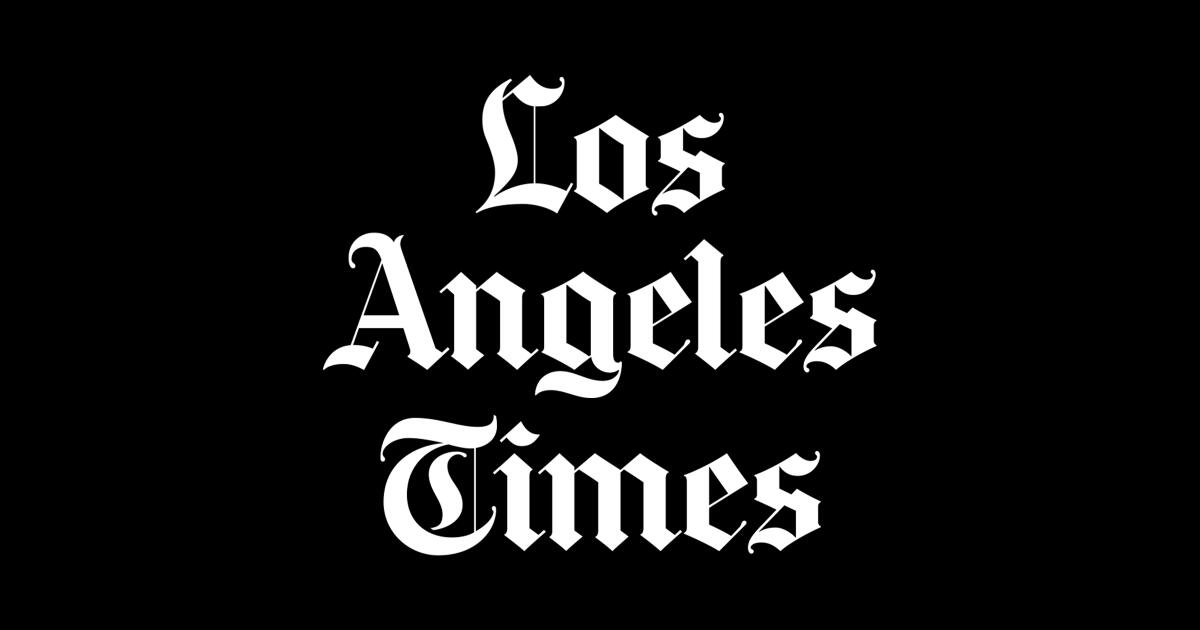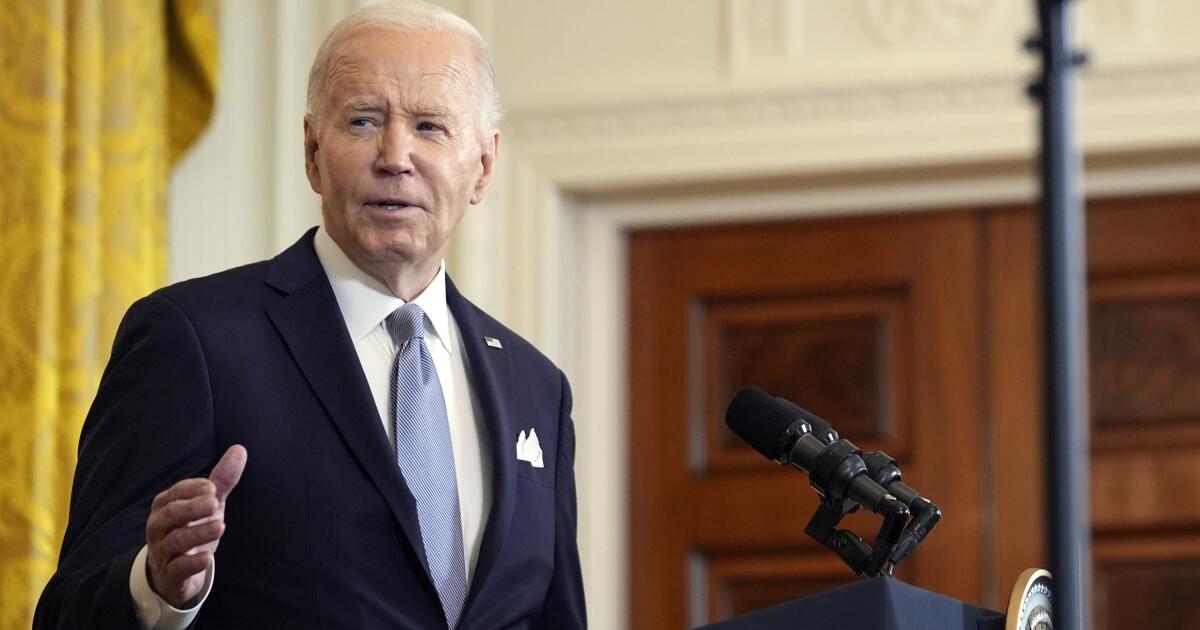Did you know that the first newspaper of the future United States lasted one day?
The official reason the governor of the colony of Massachusetts closed Publick Occurrences was because publisher Benjamin Harris, a strong advocate of free speech, failed to obtain a license. The unofficial reason was that the British government did not like what Harris' post said and characterized its contents as “uncertain reporting.” It would be more than a decade before the monarchy permitted the publication of another newspaper, one with the king's approval.
That was in the fall of 1690, approximately 85 years before the start of the American Revolution and almost a century before the ratification of the Constitution. Before there was a First Amendment or even the United States, there was an authoritarian government that restricted speech, spread fear, and imprisoned those who dissented. Colonial life under these conditions is the reason “freedom of speech or of the press” was included in the Bill of Rights before the right to “keep and bear arms.” The ancestors understood that to protect themselves from tyranny, the people must have access to both the pen and the sword.
This history was particularly important to conservative Supreme Court Justice Antonin Scalia, who served from 1986 to 2016. A constitutional originalist, he believed that the document should be interpreted as it was written within the context in which it was written. He wasn't in the hot seat long before demonstrating how strong those beliefs were.
In 1984, a man named Gregory Lee Johnson burned a flag at a rally in downtown Dallas while the Republican National Convention was in town. He was protesting some Reagan administration policies, including U.S. involvement in foreign conflicts, and was arrested for violating a state law against flag desecration. Johnson appealed, the case went to the Supreme Court, and in a 5-4 ruling in 1989 in Johnson's favor, Scalia sided with flag burning.
Or rather, the 1st Amendment.
Not because he agreed with what Johnson did, but because the case embodied the very purpose for which the forefathers wrote the First Amendment: to speak out against the government. That principled stance was what Scalia taught as a law professor at the University of Chicago years before joining the nation's highest court. It was during his time on campus that he became one of the founding mentors of a new conservative lawyer organization of constitutional originalists called the Federalist Society. Forty years later, six of the current Supreme Court justices have ties to the club and thus presumably share Scalia's general approach to the Constitution.
“If it were up to me, I would jail every weirdo with a scruffy beard and sandals who burns the American flag,” he said in 2015. “But I'm not king.”
The following year Scalia died.
His legacy is evident not only in the historic decisions he was a part of, but also in the judges who make decisions in today's courts. According to Ballotpedia, about half of President Trump's judicial nominees came from the Federalist Society.
It will be very interesting to see how these judges – including magistrates linked to federalism – will rule if cases of flag burning are presented to them. Trump is setting the stage for many challenges, having tax orders to press charges against the flag burners. Earlier this week, during a roundtable discussion on anti-fascists, he said: “We took away freedom of expression because that has gone through the courts and the courts said there is freedom of expression, but what has happened is that when they burn a flag it waves and irritates the crowds. I have never seen anything like that on both sides. And you end up with riots.”
I'm not a member of the Federalist Society, but from the outside, both Trump's rhetoric and executive order appear to be the antithesis of what Scalia stood for. The conversation about flag burning has been in and out of the nation's courts since 1907. However, it was Scalia in 1989, setting aside his personal feelings in defense of the rule of law, who made it settled law. And his principled stance inspired generations of lawyers. Now that he's gone and a president is trying to punish protected speech, I wonder who among Scalia's many acolytes will be willing to defend the First Amendment as his mentor did.
After all, it's easy to join a club and talk about defending the Constitution.
It is much more difficult to do it.
YouTube: @LZGrandersonShow
Perspectives
Perspectives from the LA Times offers AI-generated analysis of Voices content to provide all points of view. Insights does not appear in any news articles.
point of view
Perspectives
The following AI-generated content is powered by Perplexity. Content is not created or edited by the Los Angeles Times editorial staff.
Ideas expressed in the piece.
-
The author traces the historical roots of free speech protections in colonial America, where British authorities suppressed Benjamin Harris's Publick Occurrences in 1690 for publishing content the monarchy disliked, demonstrating that authoritarian control of speech predated American independence and explaining why the founders prioritized free speech in the First Amendment before the right to bear arms.
-
Justice Antonin Scalia exemplified principled constitutional originalism when he sided with flag burning in Texas v. Johnson in 1989, setting aside his personal distaste for the law to defend the First Amendment's central purpose of protecting dissent against the government. His famous claim that he would jail “every weirdo with a beard and sandals who burns the American flag” if he were king, but acknowledged that he is not, demonstrates the distinction between personal preference and constitutional duty.
-
The Federalist Society, which Scalia helped found at the University of Chicago and which emphasizes constitutional originalism, has produced about half of Trump's judicial nominees and six current Supreme Court justices, creating a judicial landscape theoretically aligned with Scalia's interpretive philosophy.
-
Trump's recent executive order directing prosecutors to bring charges against flag burners and his claim that flag burning should lose First Amendment protection because it “agitates and irritates crowds” and leads to “riots” represents a fundamental contradiction of established law and the constitutional principles that Scalia defended, essentially arguing that unpopular speech can be criminalized in depending on the reactions of others to it.
-
The current moment presents a test of whether Federalist Society-affiliated justices will honor their stated commitment to constitutional originalism by following Scalia's lead and protecting flag burning as protected speech, or whether they will prioritize political loyalty over legal principles, revealing whether their dedication to constitutional interpretation is genuine or merely performative.
Different points of view on the topic.
-
Some argue that symbolic protests involving the flag deserve different consideration than other forms of expression because of respect for military service and those who died defending the nation. While discussing the protests during the national anthem, one prominent figure explained that standing during those moments honors family members who served, including an uncle who was a Marine and a father who is a veteran, suggesting that patriotic symbols have special meaning that transcends abstract constitutional debates.[1].
-
Federal authorities maintain that certain protest activities, including flag burning and other acts near federal facilities, create public safety emergencies that require law enforcement intervention. The Trump administration has argued that protesters setting fires, including burning flags, threaten federal property and officials, justifying the deployment of National Guard troops and federal agents to maintain order.[2].
-
Supporters of restrictions on flag burning argue that such acts go beyond protected speech by inciting violence and creating dangerous situations. Trump has characterized flag burning as speech that “agitates and irritates crowds” on “both sides,” leading to riots, suggesting that the government has an obligation to prevent activities that are likely to result in public disorder and threaten community safety, even if courts have previously classified such acts as protected speech.












